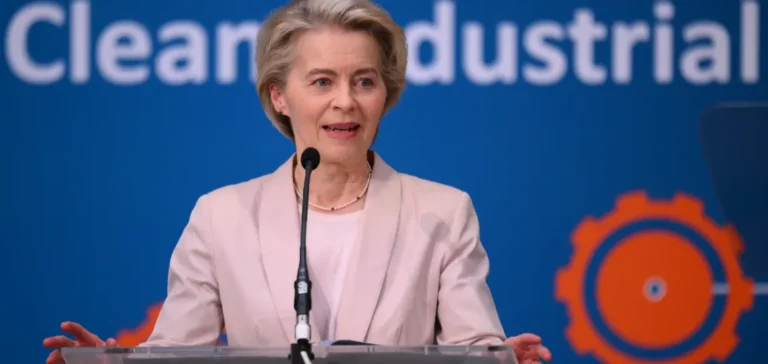European Commissioner for Energy and Housing Dan Jørgensen travelled to Greenland to reinforce energy cooperation with the Arctic territory, as the European Commission proposes to double the financial support allocated to the region in its next multiannual financial framework covering 2028 to 2034.
As part of the proposal, Greenland would also become eligible for the forthcoming EU Competitiveness Fund. This financial mechanism is designed to channel investments into strategic technologies, including decarbonisation and energy infrastructure. The aim is to position Greenland as a key partner in Europe’s supply chains, particularly for clean energy and critical raw materials.
Aiming to strengthen energy and industrial security
Commissioner Jørgensen met with Greenland’s Premier Jens Frederik Nielsen and the Minister for Business, Raw Materials, Energy, Justice and Gender Equality, Naaja Nathanielsen. Discussions focused on cooperation around natural resources and ways to stimulate local economic growth through joint energy projects.
He also held meetings with the management of NunaGreen, the company responsible for the development of renewable energy, and Nukissiorfiit, Greenland’s national power utility. These exchanges aimed to identify concrete projects that could benefit from European Union support.
Buksefjorden hydropower plant under review
The Commissioner visited the Buksefjorden hydropower plant, the country’s largest electricity generation facility. This project, operational for several years, is currently under consideration for possible financing by the European Investment Bank (EIB) to support its modernisation or capacity expansion.
In addition, Jørgensen held talks with representatives of the Nasiffik Centre for Foreign and Security Policy at the University of Greenland. He will continue discussions with senior officials from the Ministry of Business, Raw Materials, Energy, Justice and Gender Equality, including Permanent Secretary Jørgen Hammecken Holm, focusing on strengthening bilateral energy cooperation.






















